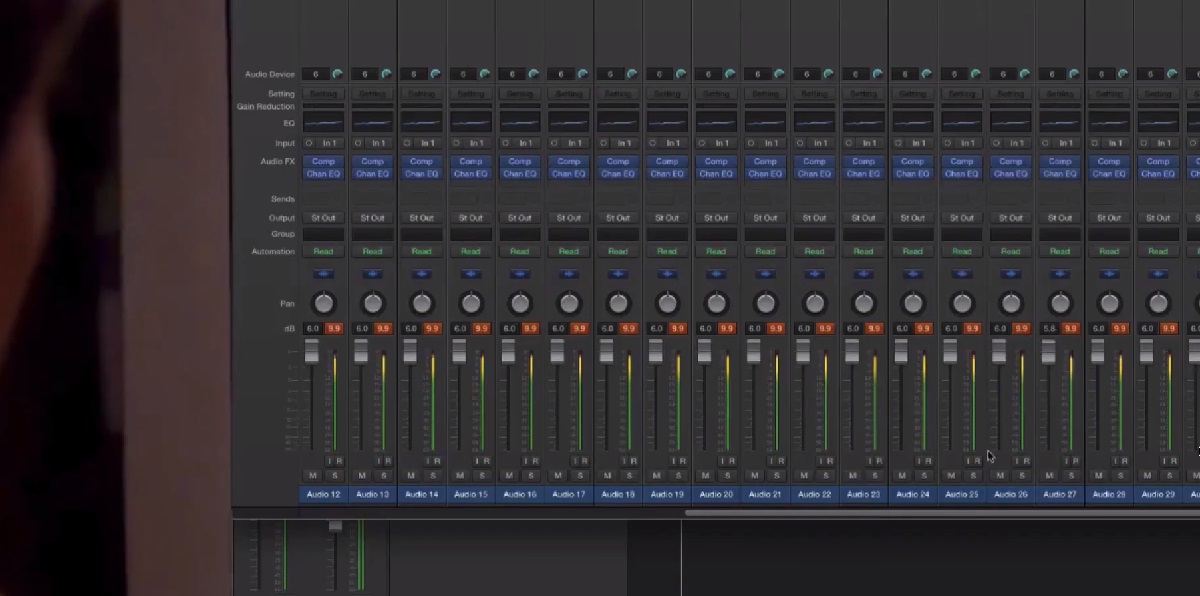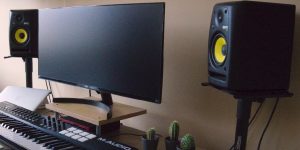Music is creativity. However, even in creativity, you need to adhere to the rules to achieve a quality result. Therefore, the music developed rules not observing which cannot record a song that will penetrate the heart of any listener. Now we will look at the rules that are critical for recording songs.
Pre-production
The most important and often overlooked stage in audio production. At this stage, it is necessary to find simple answers to the following questions:
- What is the purpose of the recording?
- What is the budget?
- What financial expenses are planned? (studio rental, services of sound engineers, arrangers, session musicians, etc.)
- Will there be enough hours in the studio to record all the instruments and vocals?
- How much will it cost to record a CD or publish it in digital stores?
- What is the advertising budget?
- Who will sell music and how?
- Are the musicians played enough? Do they know their games well?
- Do the musicians have a sound producer or manager?
Production
It is extremely important to consider all the nuances of the room, the number of musical instruments, choose the right microphones for vocalists and instruments, determine how the recording process will go – simultaneously (all instruments will be written together) or sequentially. At this stage, the engineer and recording technician must have a rational idea of how the song will sound in the last stage – during mastering.
Editing
After the recording, a huge number of different takes, various versions of musical parts are typed, from which the sound engineer, together with the producer, selects the best excerpts for the final track. The edition includes two important points:
Installation of ready-made tracks from individual excerpts.
Editing inaccuracies in the performance of the melody and rhythm.
Mixing
The sound engineer is to add the tracks (instruments, vocals, special processing) in the required quantity and ratio (dynamic, frequency, spatial). To do this, in the process of mixing, the sound engineer listens to the track on different equipment:
- On monitors of a far or middle field (depends on the size of the room).
- On standard work monitors
- On single driver monitors (with one speaker)
- On professional headphones for sound engineers. Professional headphones act as a “magnifier” so that you can listen and “examine” the track for flaws or shortcomings (noise, clicks, and editing errors).
Mastering

Mastering allows your track to sound the same quality in absolutely any speakers and headphones at any volume and without losing the quality that the sound engineer intended.
The work of a mastering engineer depends on the final medium (CD, vinyl) and formats:
- Mastering for CD-audio – bringing all tracks to a single sound within the album (in terms of volume, frequency balance).
- Mastering for Online Streaming Platforms – processing following the specific requirements of a digital store.
We are supported by our audience. When you purchase through links on our site, we may earn an affiliate commission at no extra cost to you.
Our newsletter
* We will never send you spam or share your email with third parties





